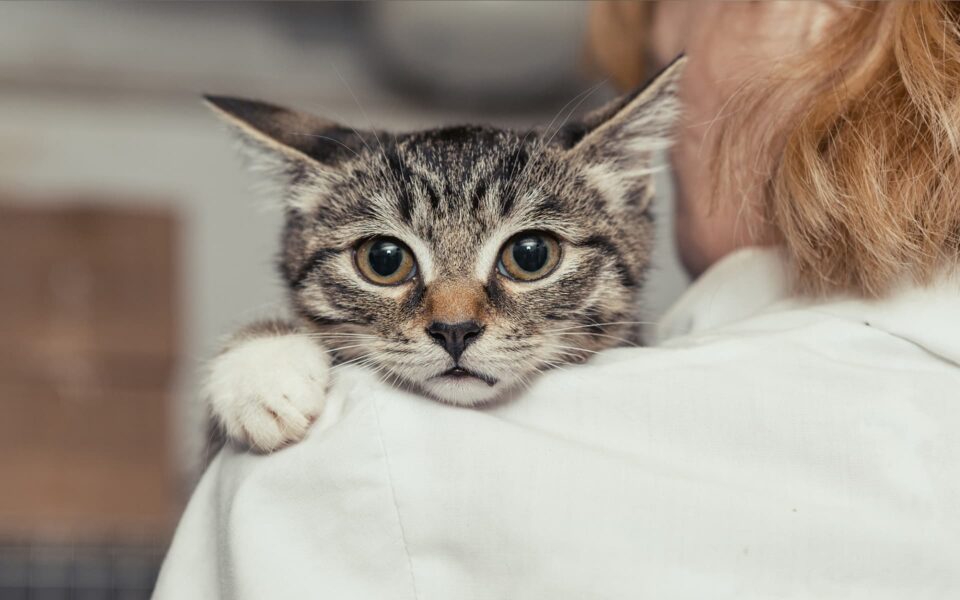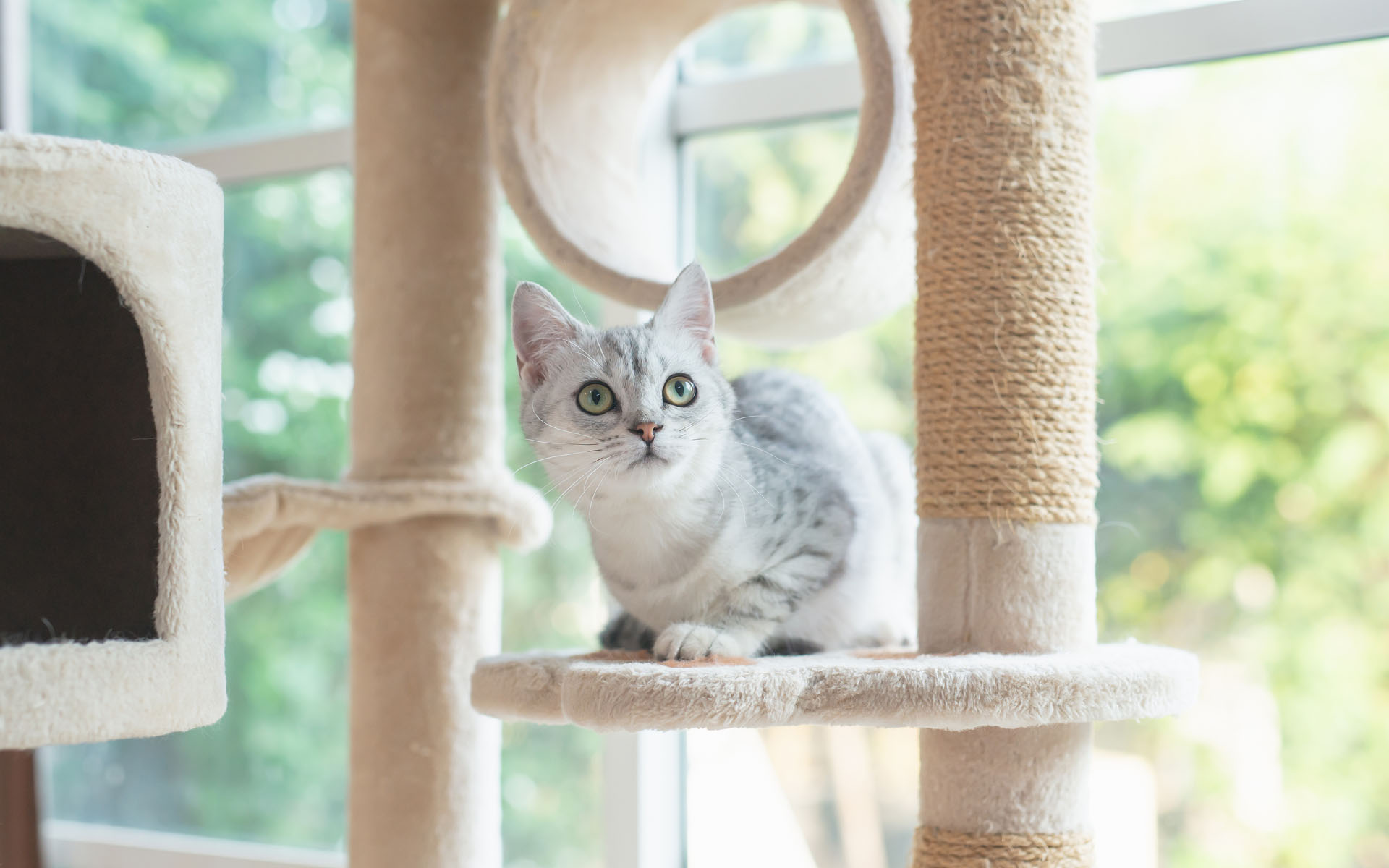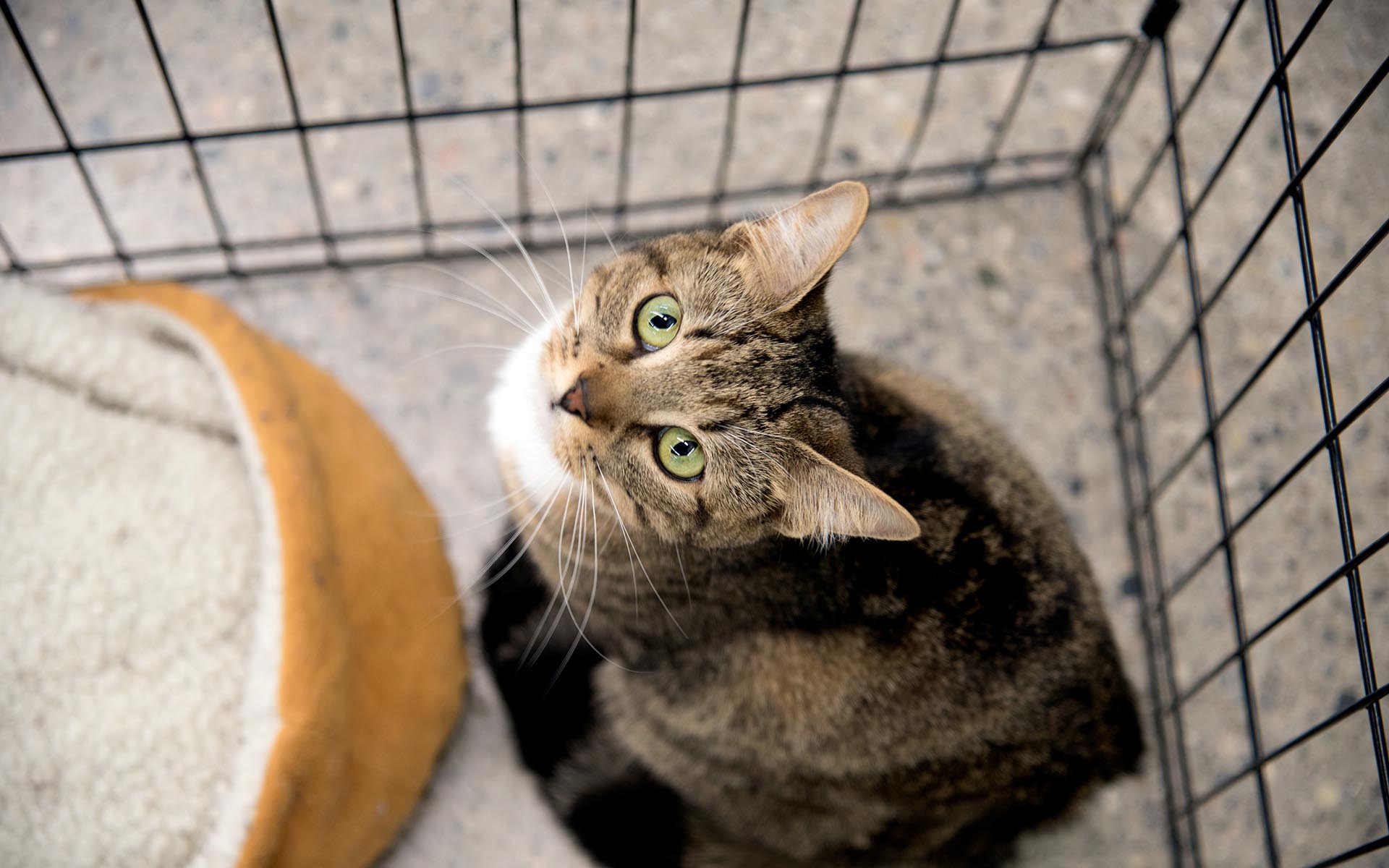
Are you dreading the next trip to the vet’s with your cat? We can help!
Facebook
Twitter
Email
WhatsApp
Print
Produits

Behaviour
Zylkene® Chews
Zylkene® chews are tasty treats that help dogs cope with stressful situations
Plus Behaviour

Behaviour
3 simple techniques to manage excessive dog barking

Behaviour
5 ways to keep your house cat stimulated and active

Behaviour
5 small dog breeds paw-rfect for apartment living

Behaviour
6 signs your dog is scared

Behaviour
6 common symptoms of anxiety in cats

Behaviour

